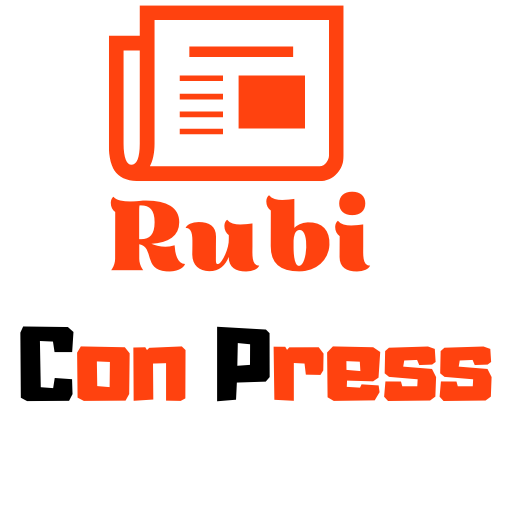My friend, former student, and current student, Maggie soff recently wrote up a beautiful and thoughtful piece about the different levels of self-awareness, or “magickal awareness.” In her piece, Maggie says, “I think one of the most important things about self-awareness is that it isn’t something that you can simply learn.
What’s the difference between a magickal awareness and a magickal self-awareness? When I see the word magick, I’m probably thinking, “This is magick.
The difference between a magickal self-awareness and a magickal awareness is that a magickal awareness is an awareness of yourself. A magickal self-awareness is just a self-awareness. For an example, I know that when I’m playing soccer I need to know what I’m doing at all times. A lot of times I’m not quite ready for it, which can lead to mistakes (I can be a terrible goalkeeper).
A lot of self-awareness is simply a lack of awareness of yourself. When I first started playing soccer I could easily put myself in a bad situation and not know it. I was unaware of my own faults. Now I’m more aware of my faults, but I still don’t really know myself. I still get to a point where I am unaware of myself.
Self awareness is a very personal thing, so it’s not a question of if you are self aware or not. Rather it’s a question of when you start to become aware of your faults. If you are aware of your faults and you fail to change them, then you are not self aware. If you are self aware and you change your faults, you are self aware. This is the reason why I recommend focusing on your strengths.
You should aim to be self aware when you are in the most positive and positive of states. If you start out not being self aware, then you will not have the ability to change your circumstances. Of course, you can always do a lot of self-examining, but if you’re not getting into the most positive, positive state, you’re going to be a pretty self aware person.
As it turns out, maggie soff, formerly a professional party-pooper, is also a self-aware person. Unlike most people, he has a really good sense of what are his strengths and weaknesses, so he is constantly trying to improve his weaknesses. He even has a ‘gut’ that he uses to figure out what he does well and what he could do better.
He also has a very clear and concise method for improving his weaknesses, so he can make himself better, faster, stronger, without even trying. I love the idea of that. Maybe you should try it out.
We’re all very familiar with the word ‘the’ in our own names, but we rarely use the word ‘the’. That’s not the point, though. We’re all very familiar with our own names, but in addition to that, sometimes we use ‘the’ more than ‘the-name-of-the-person’ or ‘the-latter-name-of-the-person’.
So we are not aware of this, but our very first sentence is usually “Were all very familiar with the word the in our names,” and we add a “-ly” to it.
